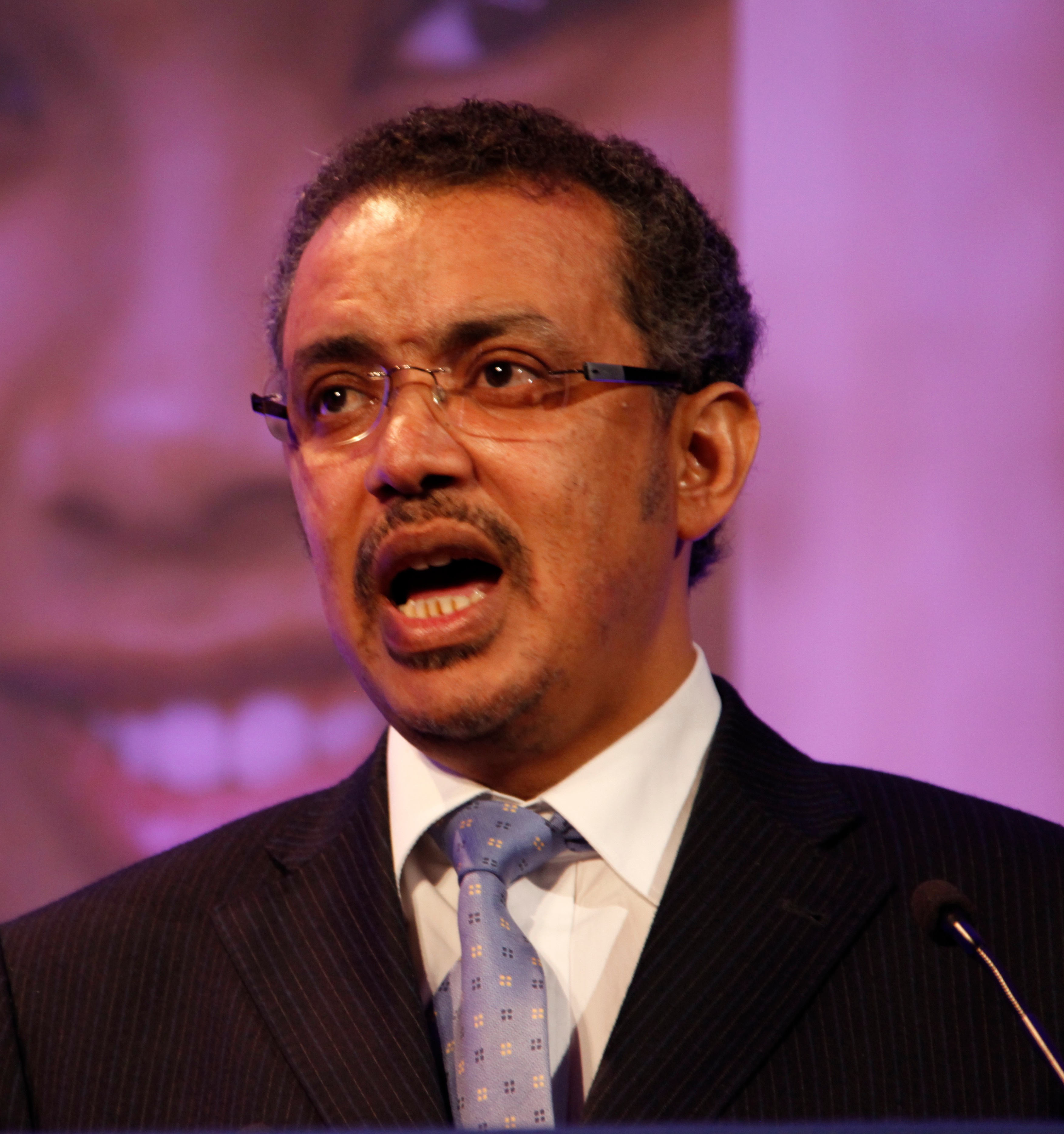PHEICs are usually diseases that can rapidly travel across the globe putting large populations in danger; this is the second time MPox has been given this status
The World Health Organisation has declared Mpox as a Public Health Emergency of International Concern (PHEIC) giving the outbreak in Congo a status that was once accorded to COVID19.
The PHEIC status has been accorded as per the recommendations of an expert committee. Committee Chair Professor Dimie Ogoina said, “The current upsurge of MPox in parts of Africa, along with the spread of a new sexually transmissible strain of the monkeypox virus, is an emergency, not only for Africa, but for the entire globe. Mpox, originating in Africa, was neglected there, and later caused a global outbreak in 2022. It is time to act decisively to prevent history from repeating itself.” WHO Director-General Dr Tedros Adhanom Ghebreyesus said that a coordinated international response is needed to the disease.
Medibulletin takes you through the disease and the global health classification.
What is Mpox?
Mpox is a viral disease that is characterised by fever and pus filled painful boils all over the body. It spreads either by skin to skin contact or by coming in contact with the scabs shed by a patient who is suffering from the disease. Pregnant mothers can transmit the infection to their babies through what is known as vertical transmission. It can also occasionally spread from animals to people. The treatment for the disease is mostly supportive or symptomatic.
Which countries have been affected by MPox?
The major Mpox outbreak has been happening in the Democratic Republic of Congo with more than 22,000 cases and 1200 deaths being reported from the beginning of this year. In the past month, over 100 laboratory-confirmed cases have been reported in four countries neighbouring the DRC that have not reported mpox before: Burundi, Kenya, Rwanda and Uganda. Several other countries including neighbouring Pakistan have started reporting sporadic cases of the disease.
What is a PHEIC?
PHEIC is a term that comes from the International Health Regulations which is a binding international agreement among 196 countries to help the global community respond to public health risks. A PHEIC is defined in the IHR (2005) as, “an extraordinary event which is determined to constitute a public health risk to other States through the international spread of disease and to potentially require a coordinated international response”. This is applied for a sudden or unexpected situation that has the potential to quickly cross political borders.


